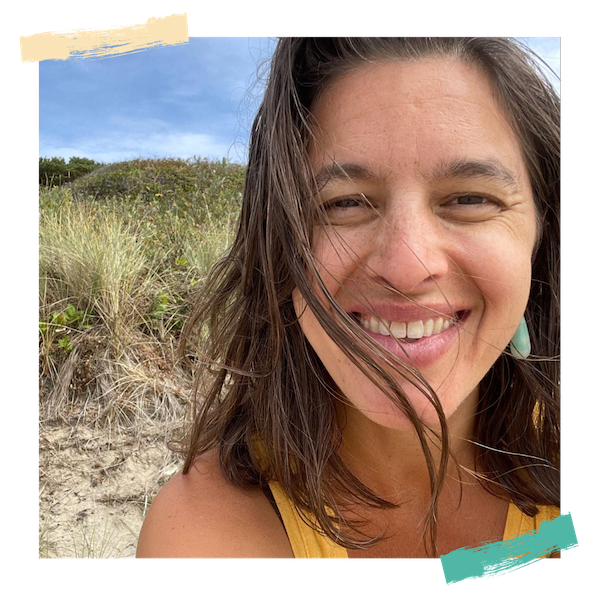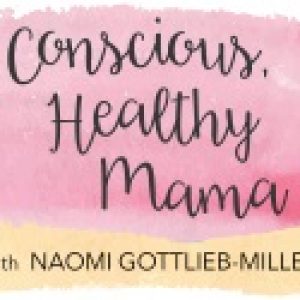Many years ago, when I had first moved back from NYC to Maryland, I ended up going on a “sort-of date” with a former high school crush. Ok, actually, I went on several “sort-of dates” with several former high school crushes.
When it rains it pours.
I was newly back on my former stomping grounds after 6 years of spreading my wings in a different city and staying as far away from my past as humanly possible. I stayed in touch with very few people from high school when I moved to New York. I only kept in touch with my very nearest and dearest friends. Facebook didn’t exist yet. MySpace was still the preferred method of connecting via social media. I didn’t yet have a smart phone. No one did, except for those who had a blackberry for work purposes.
So after being away from these connections for years, I suddenly got sucked back in.
On every single one of these dates, inevitably the conversation turned to high school. Who was I still in touch with? What were my favorite memories from high school? How is life different now from when we were in high school?
It went on and on. Basically, I’d be having entire conversations about who I was 6 years prior, not who I was in that moment. Most of these guys weren’t so interested in who I was becoming or what my new dreams, goals, and aspirations were. They just wanted to relive the glory days. They wanted to take action on a fantasy they might have had when we were in school together. I guess I did, too, in a way. I was also a little lost, but that’s a story for another blog.
I also had the feeling on each of these dates that it was a little odd to be so obsessed with high school after being done with it for several years. After a few of these dates, I was done with the past and ready to turn my attention to the future.
This is a fairly common thing, living in the past.
In fact, most people tend to fall into one of three categories: past oriented, future oriented, and present oriented.
The past-oriented people never really move beyond “The Way Things Were.” They idealize the life they had. They want to continue to live it, or at least replicate it as adults. These might be the people who still like to go out and party every night of the week. They hold onto their past like a life preserver. It’s familiar and comforting. They felt most powerful, alive, and invulnerable in the past. Putting down roots or making plans for the future beyond the weekend, holds no appeal for them. It’s the scary unknown.
This is problematic because past-oriented people don’t allow themselves to evolve or grow. They are so focused on continuing to live out the lives they had in those “glory days” that they are unable to move forward. They’re stuck in old habits, old patterns, and old behaviors that served them at 18, but might not really be good for them or sustainable at 36.
The future-oriented people rarely think about their past at all. They are more interested in looking ahead. They’re constantly looking for what is new and improved. What can they do better? What is more advanced? What is more evolved? The future is exciting and full of possibility, whereas the past is an anchor that holds them back. Tomorrow holds something better than today.
These folks tend to cut their ties to the past so completely that rather than using past experience as a reference for moving forward, they burn it down and are always wearing themselves out by starting over from a completely fresh slate. Being future-oriented is exhausting. It can also make someone a little disconnected from their foundation, which makes it tough to build better habits or behaviors. We need something to support ourselves as we go boldly into our own evolution. Without a connection to what has come before, we cannot authentically transform.
Both past and future oriented people are unsatisfied with their present.
The past oriented people look back and see a colorful or exciting past that did not lead them into an equally enjoyable present, so they try to reclaim those feelings and experiences in the present.
The future oriented people look forward with the hope that their future will offer them something better than everything they have experienced so far. So they divorce themselves from the past and even the present, in order to pave the way for a brighter future.
The present-oriented people live in the moment. Basically, toddlers.
To have the experience of simply being present – that’s one of those mythical experiences we’re always aiming for. Neither getting stuck in the past nor getting lost in the future, you just simply enjoy exactly where you are.
As ideal as this sounds, living exclusively in the present also has its issues. Just having one raw experience after another after another, but without processing and learning from them, doesn’t offer us much more than instant gratification. Like I said, this is the life of your average toddler.
Instant gratification is cool, but it does get old. Without considering what your next step is, you end up in a cycle of just doing without thinking or without need to plan or prepare. It’s a bit aimless. There’s no actual trajectory for growth, forward or backward.
I think we need a balance of these 3. We need to recognize where we’ve come from in order to build a stronger future without making the same mistakes of our past. We need to have the ability to enjoy the moment we’re in, without worrying if it’s going to transform or transport us so that we can appreciate truly wonderful moments while they’re happening, and without the feeling that we need to relive them over and over and over again.
Having an appreciation for our past, present, and future is critical to healthy living. It gives us the opportunity to compare, contrast, and consider ourselves at all stages of development and growth.
A few days ago, Milly asked, “Daddy, where is the future?”
Very existential for a 3 year-old.
Also a reasonable question. I think the future lives within each one of us. It’s like seeds we plant in our consciousness, in our bodies, and in our actions, that grow slowly over time. Sometimes we ignore them; sometimes we nurture them. How they grow is up to us. We need to tend to them, but if we give them too much attention, they won’t thrive. Likewise, if we ignore the seeds completely, they’ll grow eventually, but at a much slower rate.
The future will always be there, but we shape it with our attention.
This is not what I said to Milly. Not even close. I think I said, “uh….”
I do think that our capacity to appreciate and negotiate every part of the spectrum, past, present, and future, is what creates the future we want to experience.





